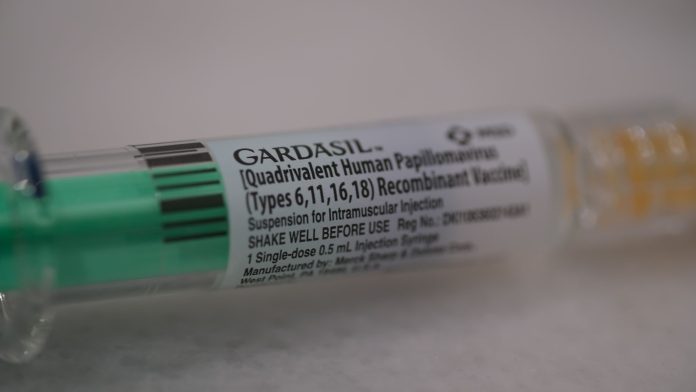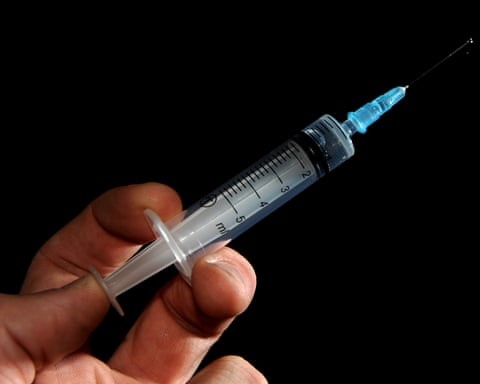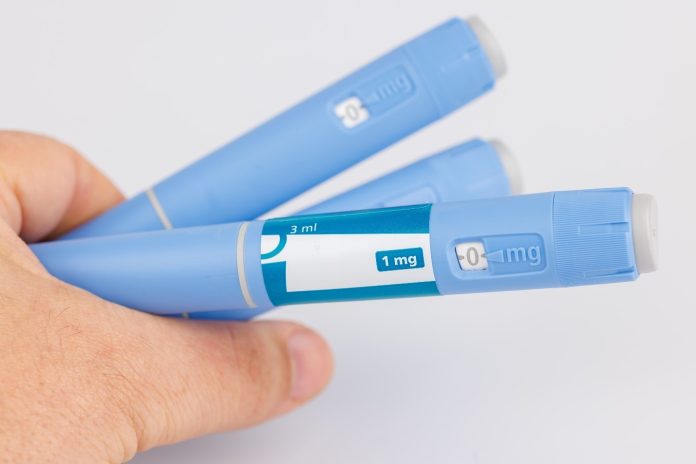Study Finds Widespread Gaps in Knowledge About HPV and Its Link to Cancer
- HPV affects 43 million people annually, with high-risk types causing cervical, vulvar, vaginal, penile, anal, and oropharyngeal cancers.
- Only one-third of Americans are aware of HPV’s cancer links, with significant knowledge gaps in Midwestern and Southern states.
Despite the widespread prevalence of human papillomavirus (HPV) in the United States, only 1 in 3 adults are aware that it can cause 6 types of cancer, according to an analysis from researchers at MUSC Hollings Cancer Center. The findings come amid rising cases of HPV-related cancers and a climate of vaccine skepticism.
HPV is the most common sexually transmitted infection in the country, affecting approximately 43 million people each year—many of whom are unaware they are infected. Most cases are short-lived and are cleared by the immune system, but persistent infection with high-risk HPV types can lead to cellular changes that develop into cancer.
There are more than 200 types of HPV viruses, classified by whether they infect skin (cutaneous) or mucosal cells, as well as by their associated cancer risk. Low-risk types, including HPV 6 and 11, are linked to warts on the hands and feet, respiratory and laryngeal papillomas, low-grade abnormalities of mucosal cells, and genital warts. High-risk types, such as HPV 16 and 18, are directly associated with cervical, vulvar, vaginal, penile, anal, and oropharyngeal cancers. Cervical cancer remains the most well-known HPV-related cancer, affecting over 13,000 women in the United States in 2025, with types 16 and 18 accounting for about 70% of cases globally.
Using data from the National Cancer Institute’s Health Information National Trends Survey, the MUSC researchers found that one-third of Americans are unaware of HPV or the HPV vaccine. The largest knowledge gap related to oropharyngeal cancer—among respondents familiar with HPV, 70% did not know it can cause cancers of the mouth and throat. Awareness deficits appear to cluster in Midwestern and Southern states, where nearly 62% of all new HPV-related cancers in the United States are diagnosed each year.
Vaccination remains the most effective protection against HPV infection and the cancers it can cause. The HPV vaccine is recommended for both boys and girls starting at age 11 or 12, with catch-up vaccination advised through age 26. Gardasil 9, the only HPV vaccine currently available in the United States, protects against nine HPV types, including the high-risk strains responsible for the majority of HPV-related cancers. Since its introduction, the vaccine has played a pivotal role in reducing cervical cancer rates, contributing to a nearly 50% decline in incidence and a 70% drop in mortality since the 1950s.
Despite these benefits, uptake remains lower among males, due in part to the vaccine’s initial marketing, which focused on cervical cancer prevention and targeted only girls. As a result, public understanding of HPV’s role in cancers affecting men—such as oropharyngeal, penile, and anal cancers—lags behind. Expanding awareness of the vaccine’s benefits for all genders is essential to improving coverage and reducing overall transmission of the virus.
Public health experts warn that overcoming these disparities will require addressing persistent vaccine skepticism and misinformation, which continue to hinder vaccination rates. Without greater awareness, acceptance, and timely immunization, preventable HPV-related cancers will continue to rise despite the availability of a safe, effective, and proven preventive tool.











